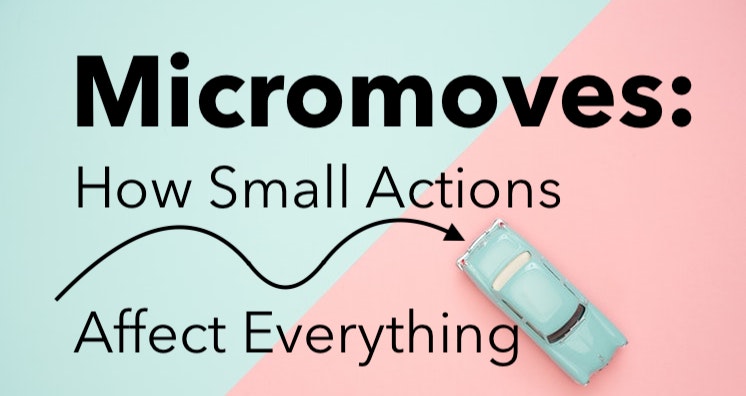
Conflict. Tension. Confusion. Misunderstanding. Hurt feelings. These are all negative elements of relationships each of us has experienced at some point in our lives—whether with family, friends, or coworkers. On the flip-side, we’ve also experienced countless positive elements in our various relationships. Whatever their current state, the fact of the matter is that our relationships with others have a huge impact on our lives.
In a recent Harvard Business Review article about work relationships, authors Kerry Roberts Gibson and Beth Schinoff make the point that “how you relate to your coworkers can make or break how you feel about your job.” The same holds true in virtually every area of your life:
- How you relate to your family members can make or break how you feel about your home life.
- How you relate to your friends and colleagues can make or break how you feel about your social circle.
- How you relate to your teammates can make or break how you feel about an athletic or academic activity. You get the picture.
In many ways, our relationships with those around us make or break how we feel about life. And every relationship we have can be impacted by the smallest of actions. These small actions, which researchers call “micromoves,” are defined by Gibson and Schinoff as “small actions or behaviors that seem inconsequential in the moment but affect how we relate to one another.”
Every micromove has the potential to be perceived as positive or negative by those involved; but very often these simple yet influential micromoves can be completely overlooked by one individual, while having a significant impact on the other.
Examples of micromoves that could be enhancing and positive for a relationship include responding with understanding when someone arrives late to a meeting, thanking someone for a small gesture of kindness, sending a well-timed note of encouragement, holding the door open for someone with their arms full, or putting your phone away and making eye contact throughout a conversation.
Examples of micromoves that might be perceived as negative and could have a detrimental effect on a relationship include making an off-hand, disrespectful comment during a meeting, procrastinating on responding to a request, leaving someone out of a spontaneous lunch outing, overlooking a friend’s birthday, or allowing yourself to be distracted by texts and emails during a one-on-one conversation.
So what does this mean for us and how we relate to others? How can we become more aware of the micromoves we are making every day, all day long? And how can we better respond to the micromoves of others? In their HBR article Gibson and Schinoff suggest trying several things, including:
- Understand the other person’s point of view.
- Recognize that micromoves are not always intentional.
- Understand your role in the story.
- Know that “good” and “bad” micromoves aren’t created equal.
Bottom line: remember that “relationships have a natural ebb and flow and every day you have countless opportunities to shape and reshape them.” So do your best to be thoughtful and considerate with the micromoves you are making, and be careful not to overreact or overthink the micromoves of others. With effort and intentionality, you can leverage micromoves to make a positive impact on your relationships every single day!


